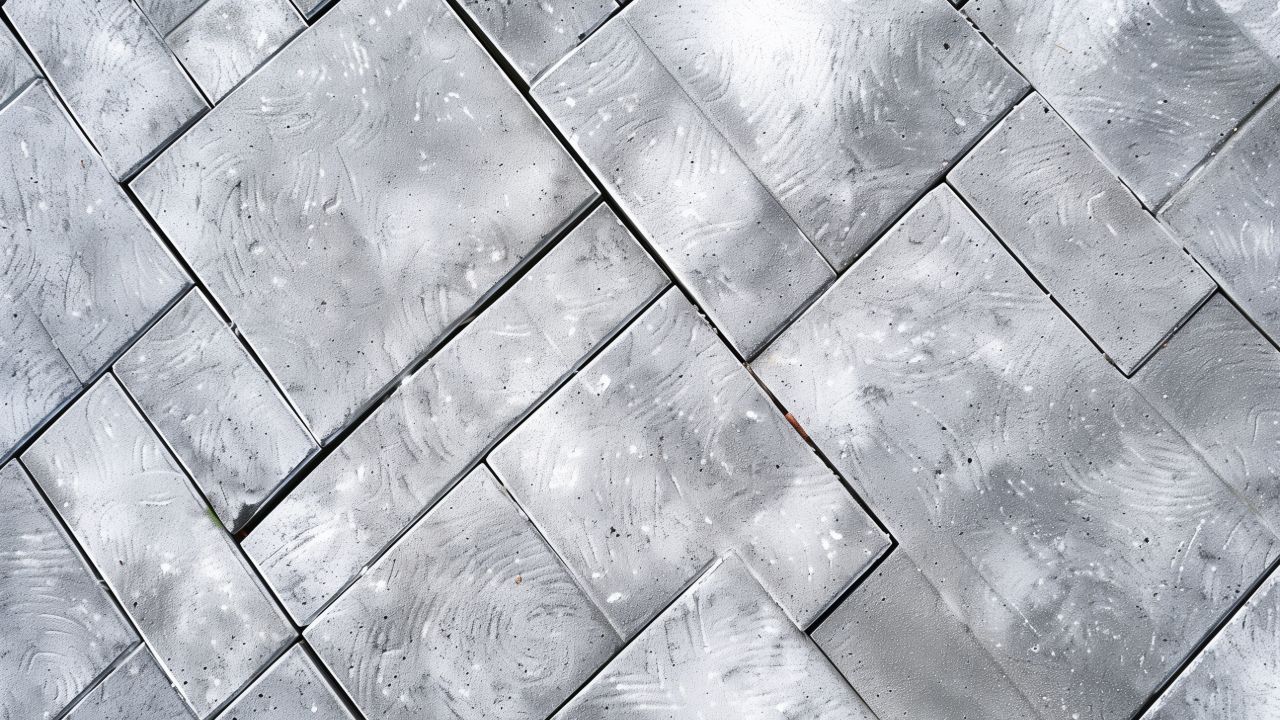Choosing the Right Landscaping Supplies for Your Project
When embarking on a landscaping project, selecting the appropriate supplies is crucial to achieving a successful outcome. The first step in this process is thorough planning and design. Understanding the layout and overall vision for your landscape helps in determining the necessary materials and ensures that they align with your goals.
Landscaping supplies can be broadly categorized into several types: soil, mulch, stones, plants, and tools. Each category plays a vital role in the functionality and aesthetic of your landscape.
Soil: The foundation of any garden or landscape, soil quality can significantly impact plant health. Factors such as soil type, pH level, and drainage should be considered. For instance, sandy soils drain quickly but may require more frequent watering, while clay soils retain water but can become compacted.
Mulch: Mulching materials, such as wood chips, bark, or straw, help retain soil moisture, suppress weeds, and add a finished look to garden beds. Choose mulch based on plant needs and desired appearance. Organic mulches decompose over time, enriching the soil, whereas inorganic options like gravel provide long-term weed control without decomposing.
Stones: Stones and rocks are versatile materials used for pathways, borders, and decorative elements. When selecting stones, consider size, color, and texture to complement your design. For example, larger boulders make dramatic focal points, while smaller pebbles create smooth walking surfaces.
Plants: The choice of plants should be guided by climate, soil conditions, and the desired aesthetic. Native plants are typically more resilient and require less maintenance. Additionally, consider the growth habits of plants to ensure they fit within the intended space without overcrowding.
Tools: Quality tools are essential for efficient landscaping. Basic tools include shovels, pruners, rakes, and wheelbarrows. Invest in durable equipment to withstand regular use and facilitate various landscaping tasks.
When purchasing landscaping supplies, prioritize quality and sustainability. Local nurseries, garden centers, and reputable online retailers offer a range of high-quality products. Comparing options based on reviews, recommendations, and personal inspections can help you make informed decisions.
Eco-friendly and sustainable landscaping supplies, such as recycled materials and organic fertilizers, are increasingly popular. These options not only benefit the environment but also promote a healthier garden ecosystem. Incorporating sustainable practices into your landscaping project helps create a harmonious balance between beauty and environmental responsibility.
Maintaining and Storing Your Landscaping Supplies
Proper maintenance and storage of landscaping supplies are crucial to ensuring their longevity and effectiveness. Different types of supplies require specific storage techniques to maintain their quality. For instance, keeping soil and mulch dry is essential to prevent mold and degradation. Store these materials in a covered area or use waterproof tarps to shield them from rain and moisture. Additionally, protecting plants from extreme weather is vital; consider using frost covers or relocating them to sheltered areas during adverse conditions to preserve their health.
Tools are another important aspect of landscaping that require careful attention. To prevent rust and damage, clean your tools after each use by removing dirt and debris. Dry them thoroughly before applying a light coat of oil to metal parts. This not only helps in preventing rust but also ensures smooth operation. Store tools in a safe, organized manner, ideally in a dedicated storage space like a shed or garage. Hanging racks and pegboards can help keep tools accessible and organized, reducing the risk of injury and prolonging their lifespan.
When it comes to disposing of or recycling landscaping materials that are no longer needed, proper procedures should be followed. Organic materials such as plant clippings and leaves can be composted, contributing to a more sustainable gardening practice. Non-organic materials like plastic pots or broken tools should be taken to appropriate recycling centers to minimize environmental impact.
Seasonal maintenance tasks are also essential to keep your landscaping supplies in optimal condition throughout the year. As seasons change, inspect your tools and materials for any signs of wear or damage. Sharpen blades, replace worn-out parts, and restock essential supplies to ensure you are prepared for upcoming projects. Creating a dedicated storage space not only helps in maintaining order but also ensures that all your supplies are readily available when needed, contributing to the smooth execution of your landscape projects.

